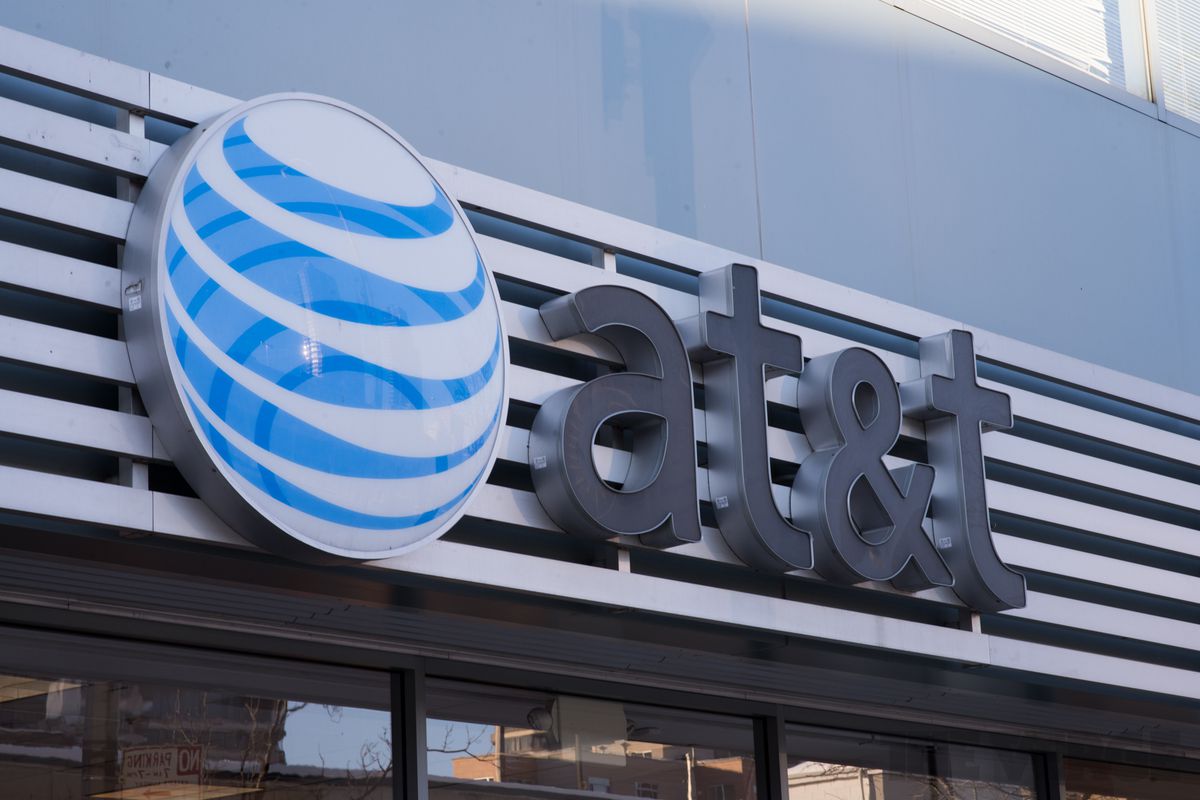AT&T is facing a class action lawsuit from investors. It alleges that the company hid the failure of its DirecTV Now streaming TV service and lied to investors. AT&T previously told investors that DirecTV Now was continuing to see success while it was bleeding subscribers because of price increases and discontinuation of promotional discounts. The complaint was filed Monday in US District Court of the Southern District of New York.
According to the complaint, it accuses AT&T and executives, including CEO Randall Stephenson, of violating the US Securities Act by “knowingly or recklessly” making false statements to investors and failing to disclose the problems that plagued DirecTV Now sales.
AT&T’s Misleading Statements
Through quarterly and annual reports, press releases, SEC filings, and other documentation and statements, AT&T and its executives made statements “to securities analysts and the media that were designed to influence the market for AT&T securities.” The complaint alleges that these statements “were materially false and misleading in that they failed to disclose material adverse information and misrepresented the truth about AT&T’s finances and business prospects.”
According to Leichtman Research Group, through 2018, DirecTV Now gained 436,000 subscribers while the satellite version of DirecTV service lost 1.2 million subscribers.
The complaint points out that AT&T’s registration statement “touted yearly and quarterly growth trends… including quarterly subscriber gains in its DirecTV Now service sufficient to offset any decrease in traditional satellite DirecTV subscribers, such that AT&T was experiencing an ongoing trend of total video subscriber ‘net additions.'”
In reality, however, it was a much different story: “DirecTV Now subscribers were leaving (i.e., not renewing) as soon as their promotional discount periods expired, while at the same time new potential DirecTV Now customers were unwilling to pay the higher prices and therefore not subscribing at all,” the complaint said. By the time AT&T bought Time Warner, “AT&T’s reported ‘net additions’ growth trend was already reversing into a severe ‘net loss.'”
Failure to Follow the Law
Publicly traded companies are required to inform investors of any potential risk, but this was not the case for AT&T in this situation. The complaint said that AT&T’s registration statement “purported to warn of numerous risks that ‘if’ occurring ‘may’ or ‘could’ adversely affect the company while failing to disclose that these ‘risks’ had already materialized at the time of the acquisition.”
AT&T failed to properly disclose the potential risks, thereby violating US law. AT&T was required to disclose “known events or uncertainties that had caused or were reasonably likely to cause AT&T’s disclosed financial information not to be indicative of future operating results,” the complaint said. “AT&T’s undisclosed price increases and discontinuance of promotional discounts for DirecTV Now subscribers, the consequent DirecTV Now subscriber losses, and the already occurring reversal of its touted ‘net additions’ total subscriber growth trend were likely to (and in fact did) materially and adversely affect AT&T’s future results and prospects.”
On October 24, 2018, AT&T publicly revealed DirecTV Now’s problems through its third-quarter earnings. Here’s what the complaint said:
Traditional DirecTV satellite subscriber losses jumped over 25% from 286,000 to 359,000 quarterly. Meanwhile, DirecTV Now subscribers plummeted over 85% from 342,000 down to 49,000 quarterly. These dramatically diminished DirecTV Now subscriber gains were nowhere close to offsetting the dramatically increased traditional satellite subscriber losses. As a result, Defendant AT&T’s 80,000 total video subscriber “Net Video Additions” had reversed into a 297,000 total subscriber “Net Loss.”
Because of the negative coverage, AT&T’s stock price dropped nearly 12 percent, according to the complaint.
The Lawsuits
The lead plaintiff in the class action lawsuit is a man named Melvin Gross, and was filed by the Pomerantz LLP law firm, per the announcement of its investigation into AT&T in February. Klein Law Firm has also filed a similar suit against AT&T on behalf of shareholders.





